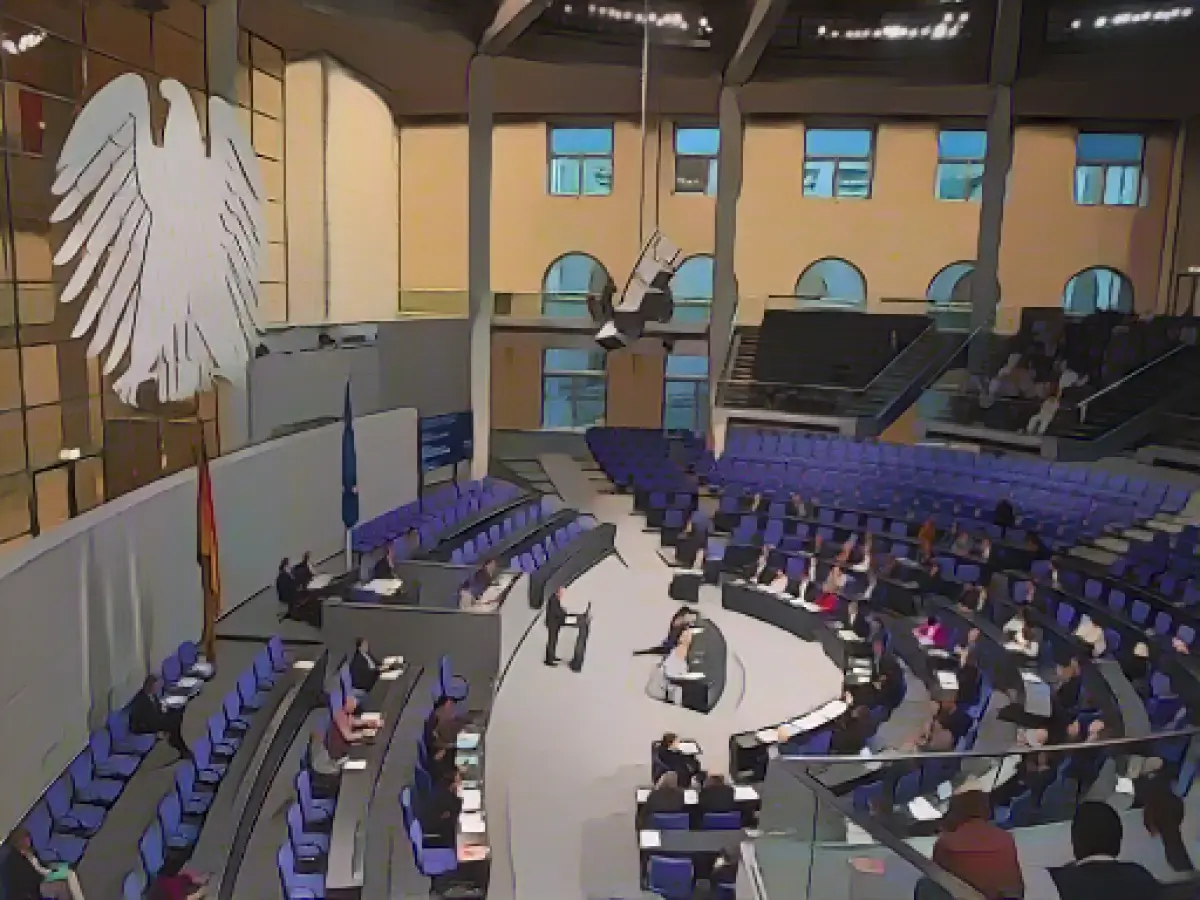The escalating controversy surrounding the Citizen's Income of 2024 has left the CDU/CSU in turmoil. The social wing remains defiant against party leaders urging to halt the 12% increase, while CSU leader Markus Söder and influential FDP politicians cry foul. The boost, set to affect more than five million recipients on January 1, will see single individuals receive around €563, surpassing previous adjustments due to inflation considerations.
"Unbalanced support and demands," Söder laments to Stern magazine, proposing the government curb the planned increase by one year. He advocates for an overhaul of the citizens' allowance, emphasizing the need to gear incentives towards work and penalize those who refuse. Secretaries General Carsten Linnemann of the CDU and Bijan Djir-Sarai of the FDP echo similar sentiments, advocating for significant reductions or even reversals of the increase.
Finance Minister Christian Lindner, acknowledging the Citizen's Income as a budget gap-plugging area, believes revising the inflation rate assessment is crucial. The planned increase is based on a 9.9% inflation, but real inflation stands at 3.2%, according to the FDP expert Pascal Kober. Social Affairs Minister Hubertus Heil (SPD), however, dismisses calls to halt the rise, citing high inflation as the sole justification.
The opposition to curbing the increase is fiercely vocal. Karl-Josef Laumann, the chairman of the CDU employees' association CDA, and vice chair Christian Bäumler warn against "unsettling the people" and upholding Christian values along with preserving social peace and spiritual Union foundations.
Controversy extends to immigration policies as well. Markus Söder is intent on halting Citizen's Income payments to newly-arrived Ukrainian refugees, deeming such retroactive cancellations impossible but promising to restructure benefits for future migrants. Alexander Throm, a CDU parliamentary group spokesperson, supports Söder's stance, attributing the policy's unintended counterproductiveness to refusal of work.
Friedrich Merz, the CDU leader, proposes distinguishing between contribution-financed wage replacement benefits and tax-financed social benefits. He envisions even contributes to unemployment benefits surpassing the standard level upon first claim to allow individuals to manage their standard of living.
In the grand scheme of German politics, the Citizen's Income debate is but a small slice of the upcoming election campaign. Weighing on essential debates surrounding economic policy, welfare, and social security, the politicians aim to capture the zeitgeist of the electorate, vying for a place in next year's government.







